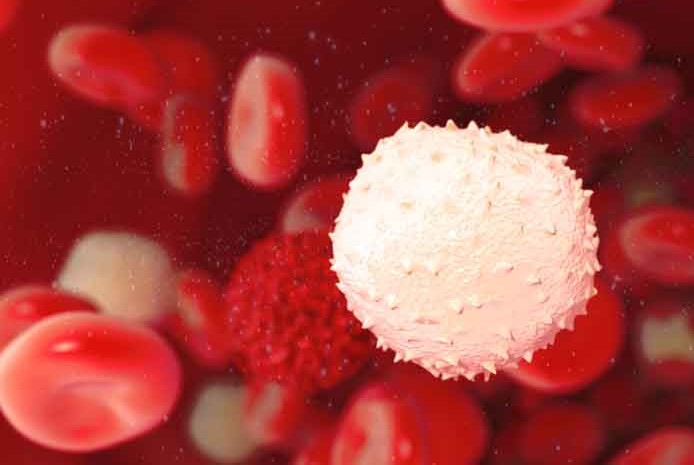
High leukocytes in the urine: when to worry?
A report showing high white blood cells in the urine may indicate a urinary tract infection. The presence of high concentrations of white blood cells can be traced back to an inflammatory state of the organism to which attention should be paid
What are leucocytes?
These are blood cells that have the task of defending the body from attacks by viruses, bacteria or other microorganisms that are dangerous to our health.
Leukocytes or white blood cells are blood cells involved in the immune response.
They help the body defend itself against pathogenic microorganisms (such as viruses, bacteria, fungi and parasites), foreign particles and potentially harmful abnormal cells in the blood and tissues.
Normal values in urine
Under normal conditions, leukocytes in urine are:
- absent;
- in quantities < 6 per microscopic field.
Causes
Causes that may lie behind a significant rise in urine leukocytes are:
- kidney stones
- acute and chronic cystitis;
- pyelonephritis (bacterial infection of the kidneys);
- acute glomerulonephritis (inflammatory kidney disease);
- prostatitis;
- urethritis (irritation of the urethra);
- balanitis (inflammation of the mucous membrane of the glans);
- trauma;
- allergies;
- neoplasia of the bladder (in severe cases).
Therefore, a correct interpretation of the symptoms is necessary in order to reach a correct diagnosis.
High leukocytes in the urine: symptoms
In the event of an increase in leukocytes in the urine, it is good to pay attention to the most frequent associated symptoms:
- fever
- chills;
- vomiting;
- night sweats;
- urgent need to urinate;
- burning or pain when urinating;
- presence of blood in the urine, which may also be cloudy and smelly.
High leukocytes in pregnancy
During pregnancy, blood and urine leukocyte counts can vary significantly, with a gradual increase in the first few weeks.
While in normal conditions leukocytosis, i.e. an increase in white blood cells, suggests an inflammatory state, during pregnancy it is a fairly common phenomenon that should not cause particular concern.
How to collect urine
It is important to remember that, in order to avoid contamination that could distort the result of the report, it is advisable to
- exclude the first stream of urine, in women easily altered by menstrual cycle or vaginal secretions;
- keep the genital area clean.
Expert’s advice to prevent urinary infections
Take care of your hygiene, avoid occasional sexual relations with people at risk.
Including the consumption of blueberries or blueberry juice in your diet can help prevent the most common urinary infections.
Read Also:
Emergency Live Even More…Live: Download The New Free App Of Your Newspaper For IOS And Android
What To Do With Trauma In Pregnancy – A Brief List Of Steps
Blood Transfusion In Trauma Scenes: How It Works In Ireland
TRALI (Transfusion-Related): A Serious But Rare Transfusion Complication
Blood Transfusion: Recognising Transfusion Complications


